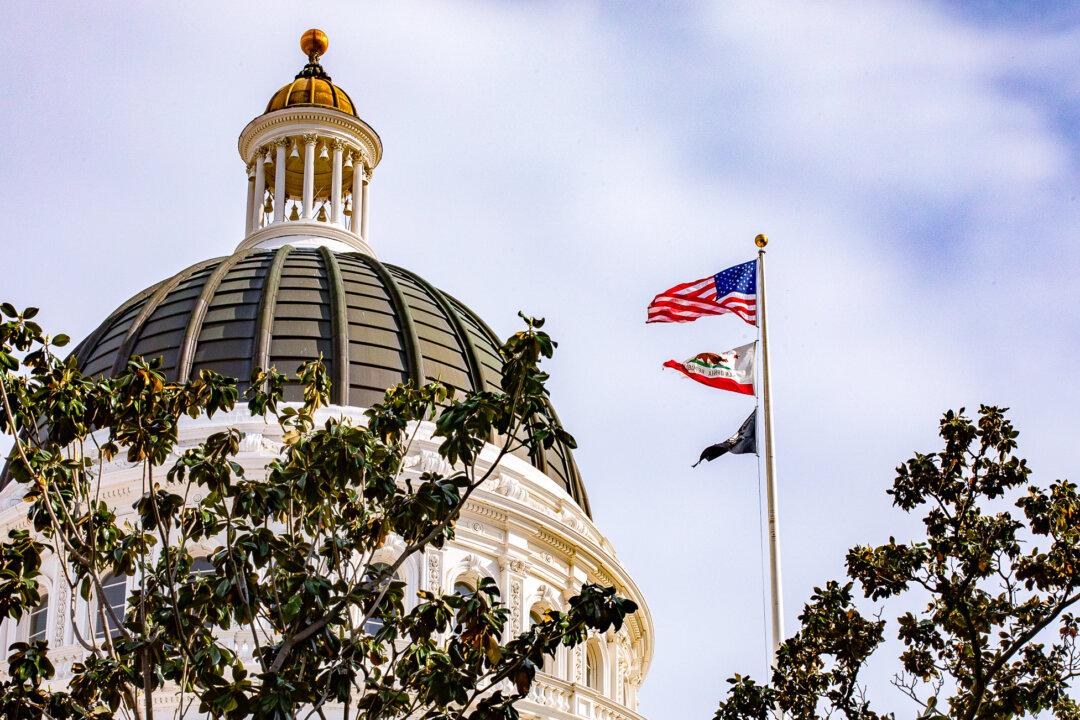SACRAMENTO—With the state facing a significant budget deficit, California’s Appropriations committees held May 16 more than 300 bills with fiscal impacts during the first of two annual so-called suspense file hearings.
Known as “suspense day,” the hearings are a fast-paced run-through of bills placed on suspense because they impact the general fund by $50,000 or any fund by $150,000.





